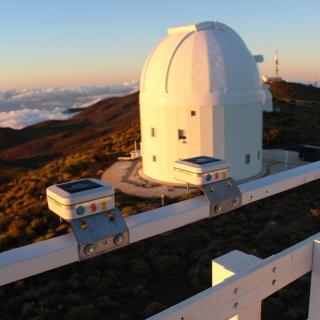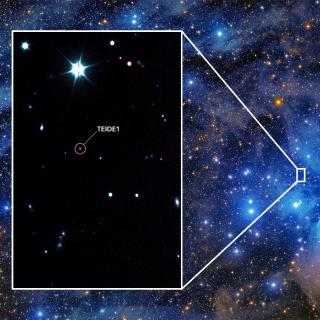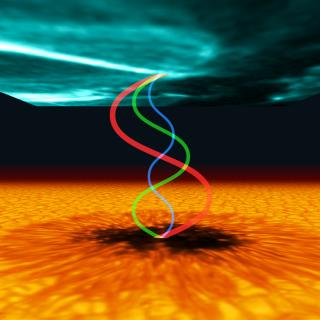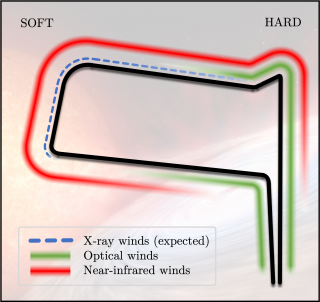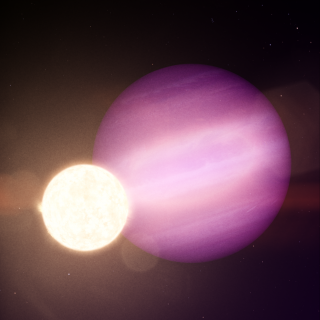
With data from NASA’s TESS satellite, from the now retired Spitzer Space Telescope, and the Gran Telescopio Canarias (GTC) an international team of astronomers, with participation from the Instituto de Astrofísica de Canarias (IAC) has detected what appears to be an intact planet in orbit around a white dwarf, the dense remains of a star similar to the Sun , and only 40 % bigger in diameter than the Earth. This finding is published today in Nature magazine.
Advertised on
